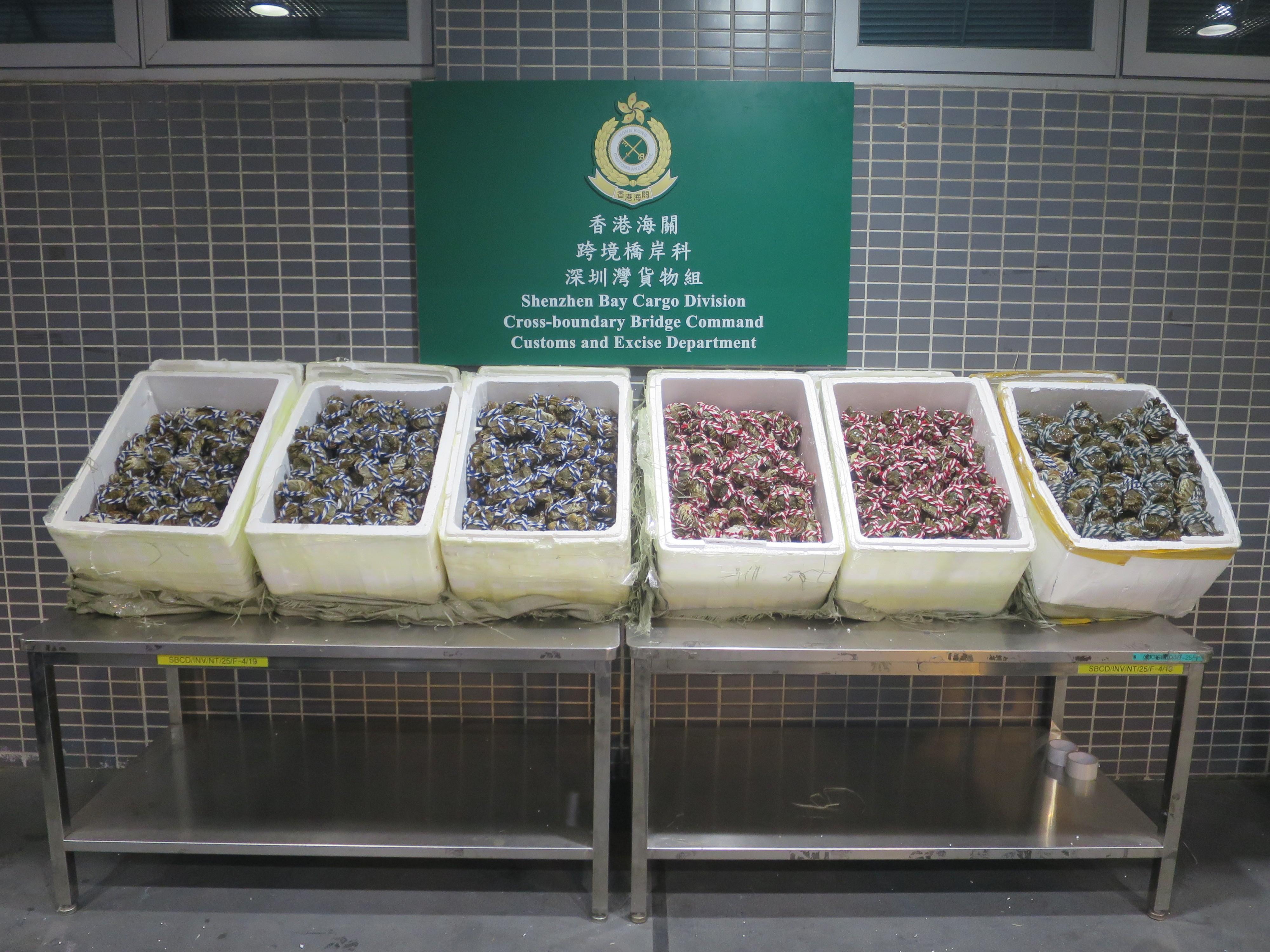Hong Kong Customs conducts enforcement action against trader suspected of supplying fish oil soft gel capsules with false trade descriptions (with photo)
​Hong Kong Customs yesterday (October 18) arrested a male sales manager of a wholesaler suspected of supplying fish oil soft gel capsules with false trade descriptions, in contravention of the Trade Descriptions Ordinance (TDO).
Acting on information provided by a relevant organisation, Customs earlier test-purchased at a retailer two models of fish oil soft gel capsules which were suspected of carrying false trade descriptions. Customs officers later sent samples to the Government Laboratory for examination. The analysis results showed that the DHA and EPA contents of the two products were 30 per cent to 86 per cent less than the claimed value.
Customs officers then mounted an enforcement operation yesterday and arrested a 36-year-old male sales manager of the wholesaler involved in the case.
An investigation is ongoing and the arrested man has been released on bail pending further investigation. The likelihood of further arrests is not ruled out.
Customs reminds traders to comply with the requirements of the TDO and consumers to procure products at reputable shops.
Under the TDO, any person who applies a false trade description to goods or supplies goods with a false trade description in the course of trade or business commits an offence. The maximum penalty upon conviction is a fine of $500,000 and imprisonment for five years.
Members of the public may report any suspected violation of the TDO to Customs' 24-hour hotline 2545 6182 or its dedicated crime-reporting email account (crimereport@customs.gov.hk) or online form (eform.cefs.gov.hk/form/ced002).

